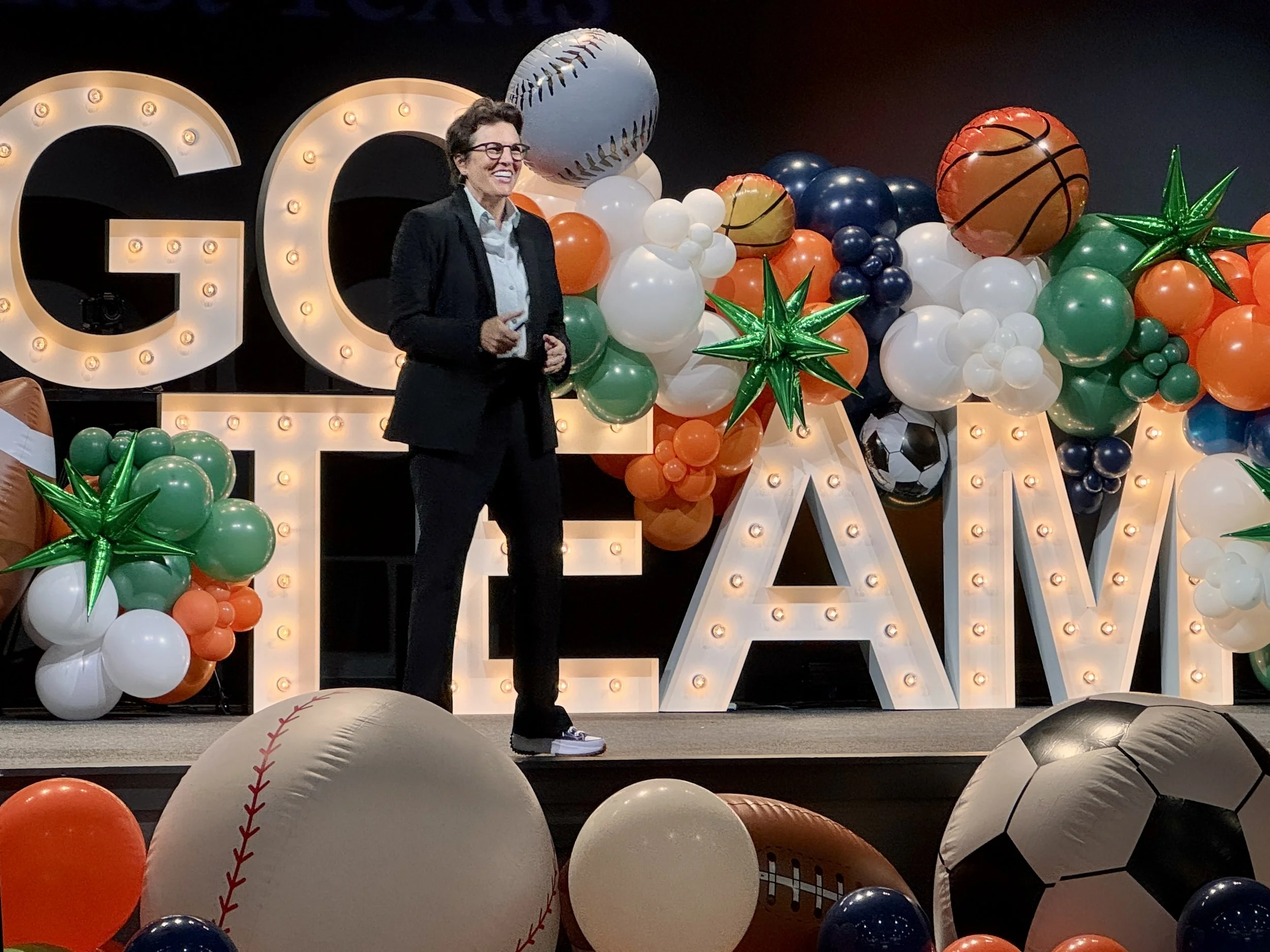The Era of Human-Centered Leadership: Why Empathy Is a Business Strategy
Leadership is changing, and not in a subtle way. The expectations of employees, the dynamics of workplace culture, and the very nature of how work gets done have shifted. Organizations are discovering something that should have been obvious all along:
Performance is human. And that means leadership has to be human too.
For years, leadership was built around a model of command and control. Leaders were trained to be decisive, efficient, and emotionally reserved. Teams were expected to adapt to stress, push through burnout, and simply “make it work.” Productivity was measured in output…how much someone could produce, how fast, and how consistently.
But the workplace we live in now is fundamentally different. Teams rely on creativity, collaboration, and emotional intelligence.
Work spans time zones and happens across screens. And employees are no longer willing to sacrifice health, identity, or fulfillment for the sake of a job. The cost of ignoring the human side of work is showing up in record burnout rates, declining engagement, and rapid turnover across industries.
This is why the leaders who are thriving today look different. They aren’t leading through intensity, they’re leading through empathy, presence, and psychological safety. They understand that people perform at their highest levels when they feel supported, valued, and connected. Human-centered leadership is not sentimental. It is strategic.
High-performing employees don’t emerge from environments where stress is constant and communication is purely transactional. They emerge from cultures where people feel safe to share honest feedback, try new ideas, and occasionally fail without fear. Innovation and creativity, two of the most prized outcomes in any organization, depend on trust more than pressure. And trust is built through empathy, not authority.
When leaders practice curiosity instead of assumption, they gain insight instead of compliance. When they choose presence, actually listening rather than rushing to solve, they demonstrate respect. When teams feel genuinely seen, loyalty becomes natural instead of forced. Culture stops being something written on a wall and becomes something experienced in every interaction.
The impact is real and measurable. Organizations with high psychological safety innovate faster. Teams that feel valued stay longer. Employee well-being directly correlates with performance and customer satisfaction. Empathy has a bottom-line impact, not just a feel-good halo.
So how do organizations move toward this kind of leadership? Not through memos or slogans but through experience. Through moments that shift perspective, create connection, and give people new language for how they work together.
This is where keynote speakers play a powerful role.
A skilled speaker does more than inspire; they model transparency, courage, and presence in real-time. They show what human-centered leadership looks like, not just in theory, but in practice.
When a keynote is paired with meaningful follow-up conversations, workshops, or internal integration, it becomes more than a spark. It becomes cultural momentum.
Human-centered leadership isn’t the future…it’s the present necessity. The organizations that recognize this are the ones retaining talent, accelerating innovation, and building cultures people are proud to be part of.
Ready to find your catalyst? Explore our roster today. Or connect directly with us at hello@loud-mgmt.com.
Tracy Spears – Trailer Park University
Tracy’s unforgettable storytelling shows how backgrounds, identities, and lived experiences shape leadership in powerful ways. She teaches teams to embrace their full selves, not just the polished parts, as the source of their leadership strength. Her approach inspires deeper empathy, shared identity, and stronger relationships across roles and levels.
Shelley Brown – Breaking the Hard Rules
Shelley challenges outdated leadership norms rooted in toughness and overwork. With candor, humor, and real-world insights, she invites leaders to replace performative professionalism with authenticity and empathy. Her keynote helps organizations dismantle harmful expectations, reduce burnout, and build cultures where individuality is seen as an asset, not a liability.
Dr. Samantha Harte – The Emotional ROI of Corporate Culture
Dr. Harte helps organizations understand that emotional well-being is directly tied to business performance. She shows leaders how to cultivate resilience, openness, and integrity in their teams through emotional intelligence and relational awareness. Her work bridges science, storytelling, and practical application so leaders can lead with heart without sacrificing results.
From high-performing sales teams to exhausted healthcare staff to hybrid workforces craving reconnection, these speakers meet the moment.

